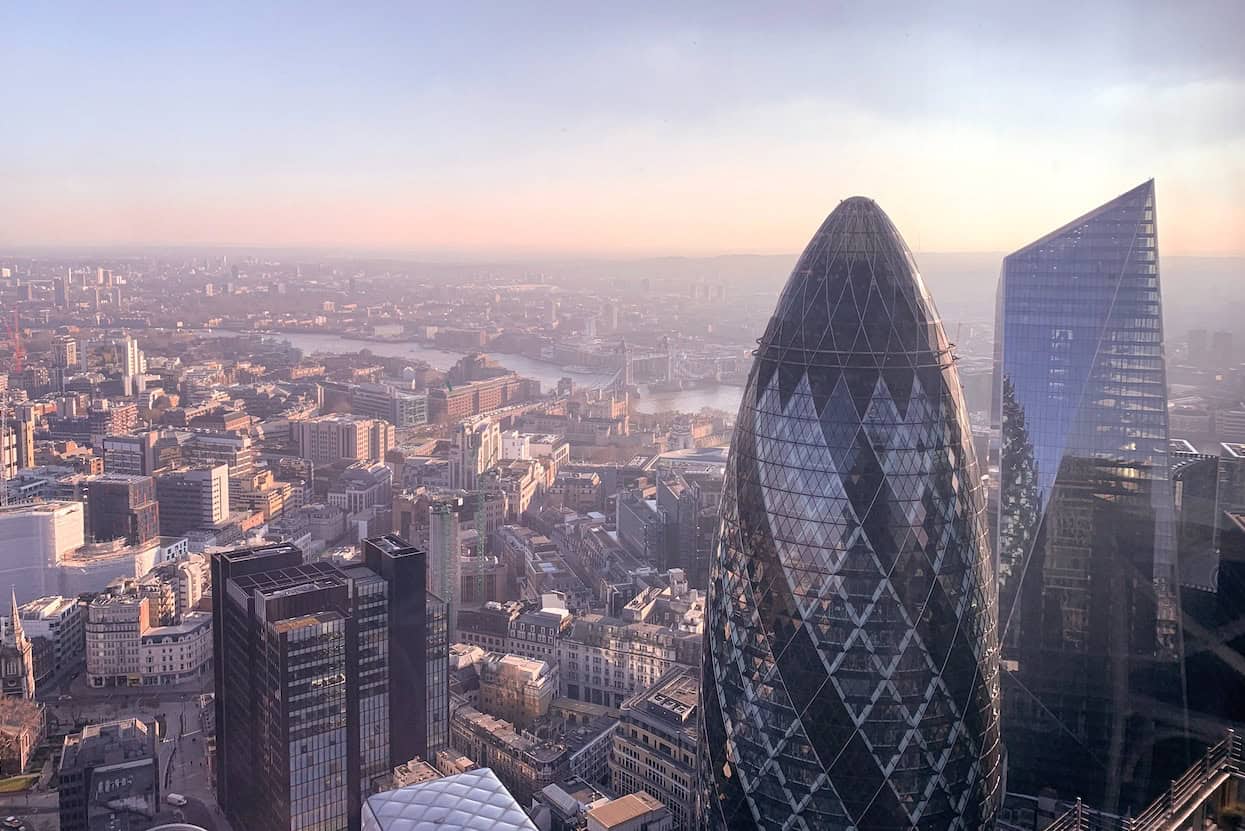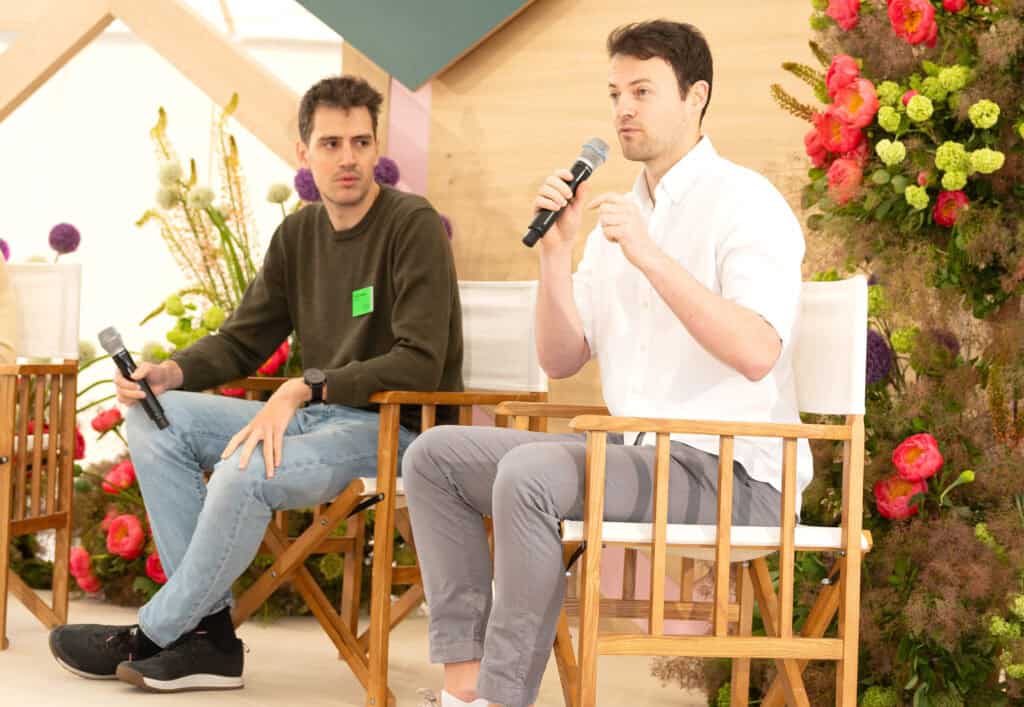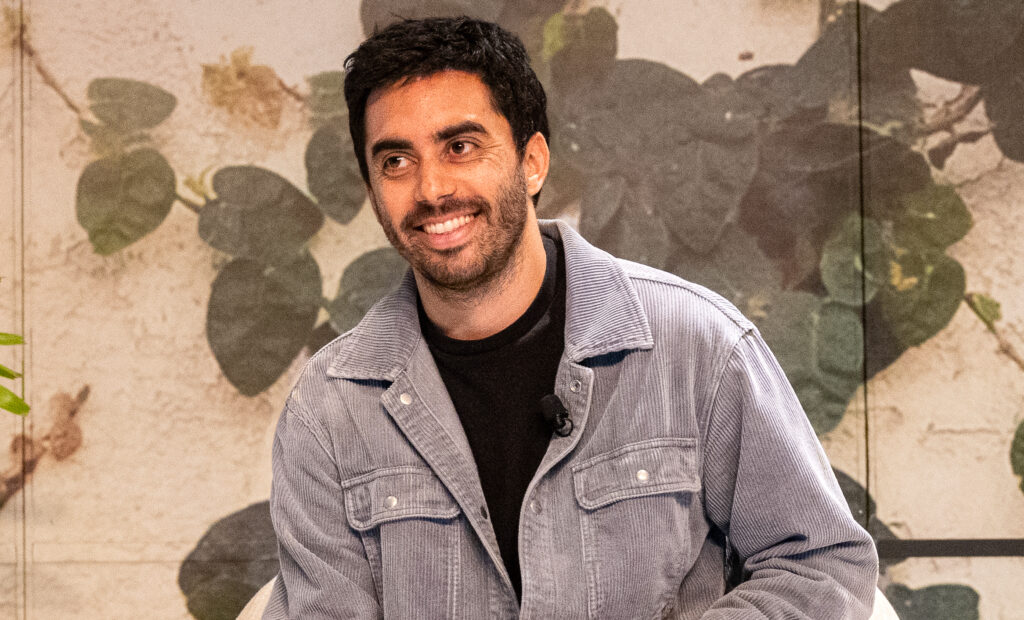The number of new startups launched in the UK last year increased by 4.5%, according to the Centre for Entrepreneurs’ latest Business Startup Index. CEO, Timothy Barnes, and Senior Fellow, Matthew Smith, share the key findings.
Does covid and lockdown seem a long time ago now or are you still marvelling at how busy the centres of big cities feel? Since 2014, the Centre for Entrepreneurs (CFE) has conducted annual analysis of company formation figures published by Companies House.
Our 2022 Business Startup Index has just been released and you can see patterns that describe what changed during the pandemic, what has and what appears to have changed for good.
The Big Picture: UK Startups are Up
Almost 800,000 new businesses were registered in 2022 (up 4.5% on 2021). That’s positive. It’s a strong measure of economic activity and a sign that entrepreneurs are doing well in the UK.
Covid brought rapid change. There was a surge of new companies as we all entered the Covid era in 2020, which was maintained in 2021 and 2022 as rapid changes in the economy led to new businesses being formed – a pattern also seen in other countries, including the US, France, and Singapore. 2022 was almost 16% up on 2019 and well above the pre-pandemic trend.

The National Pattern
Patterns have been consistent across the UK. Those doing well before Covid are still doing well and those with lower levels of activity are still lower. There has been a slight fall in new registrations in Northern Ireland is something that we will be watching in future.
London still leads for new companies with formation three or four times higher than any other region of the country. A good deal of this comes from financial service companies and formation agents skewing the picture. But after accounting for that, there is also no question the capital remains the entrepreneurial engine of the UK.
Startup Activity Post-Covid
Covid saw some sectors develop rapidly, like new workwear providers (think masks!), cleaning products (hand sanitizer), and pharmaceutical providers. Many of these have trailed off. But we have all changed our habits and priorities and the proliferation of cleaning services (2022 was approximately double 2019) suggests we are more conscious about hygiene and are prepared to pay for it.
Consumer-focused businesses – selling computers, sports equipment, games, flowers, and more – surged in Covid and have stayed buoyant, reflecting an enhanced focus on leisure and lifestyle, perhaps helped by increased working from home.
In hospitality, there are signs that some changes were more short-term. New pubs were down 23% between 2019 and 2021 bounced back up 14% from 2021 to 2022.
Similar declines in new hotels, tour operators, and conference organisers have, thankfully, been reversed. Meanwhile, mobile food stands, UK camp sites, and holiday accommodation continue to grow after their surge in popularity.
Click here to download the full Business Startup Index.
 All Posts
All Posts


